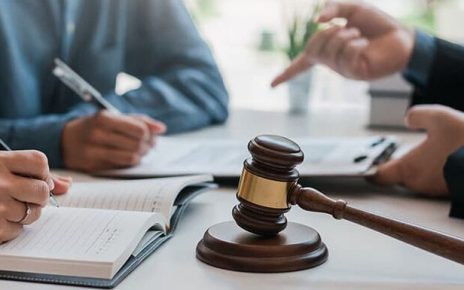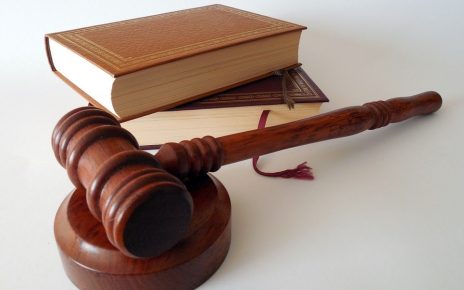A wrongful conviction can have negative consequences on both a person’s professional and personal life. Thankfully, a conviction can be appealed in front of a judge. Although few convictions are overturned on appeal, an appeal lets you prove one’s innocence. But, it is important to follow certain rules when appealing a conviction, including what can be used in defense. This is a good reason to work with an experienced criminal defence lawyer in Vancouver, BC, especially if failed to do so before the conviction. To preserve your rights during an appeal, here are things you should keep in mind:
Use Your Arguments in Your Original Trial
Failing to raise a particular argument in your original trial may result in you losing the right to appeal on such specific grounds. You may need that other argument in your appeal, depending on the outcome of your original argument and the presented evidence. Even if some of your arguments are weaker than others, you still have to raise each one to make sure you have the strongest case for your appeal.
Understand What You Can Appeal in Your Case
You cannot appeal all details of your trial to the appellate court. You can only file an appeal for a criminal conviction for sentencing errors, miscarriages of justice, or errors of law. This is possible because if certain evidence was not properly included, the jury made incorrect instructions, or because of a juror or prosecutorial misconduct. Additionally, such issues should rise to the level that if the mistakes had not been made, the trial court could have made a different verdict.
Make Sure all Paperwork is Filed on Time
If you want to maximise your chances of winning your criminal appeal, you need to file the paperwork with the appellate court in the window of time provided. You need to file a Notice of Appeal with the court over the case within thirty days of the sentencing decision. Then, every party should file briefs before they present an oral argument to the court. You need to file the Notice of Appeal within the statute of limitations; otherwise, the court will reject it.
Gather Relevant Evidence and Transcripts
When you appeal a criminal conviction, you need to present relevant transcripts and evidence to the appellate court. The court will review the court transcript of the trial for errors and heard arguments on the issues. You can include evidence such as the full transcript of the pretrial hearings and the trial in addition to the papers of the clerk on your case.





